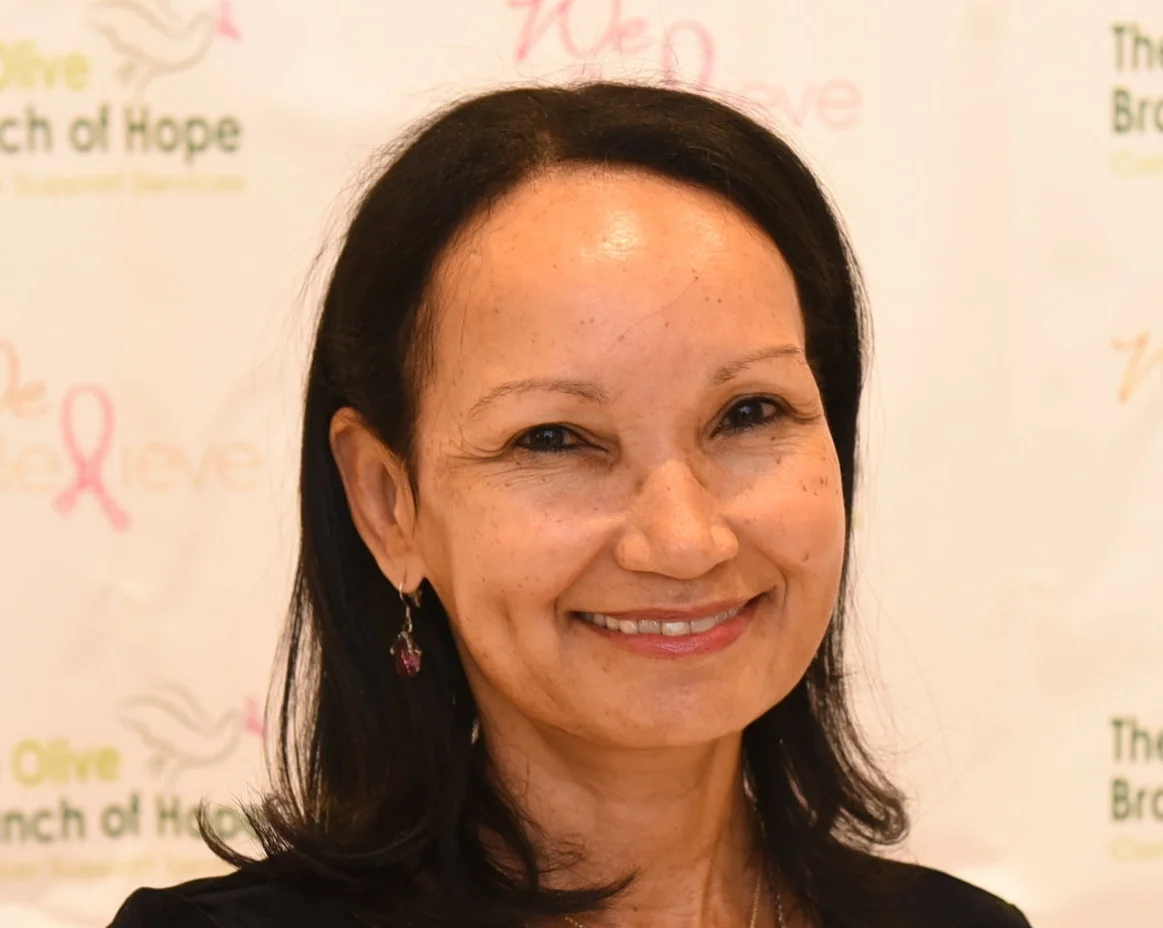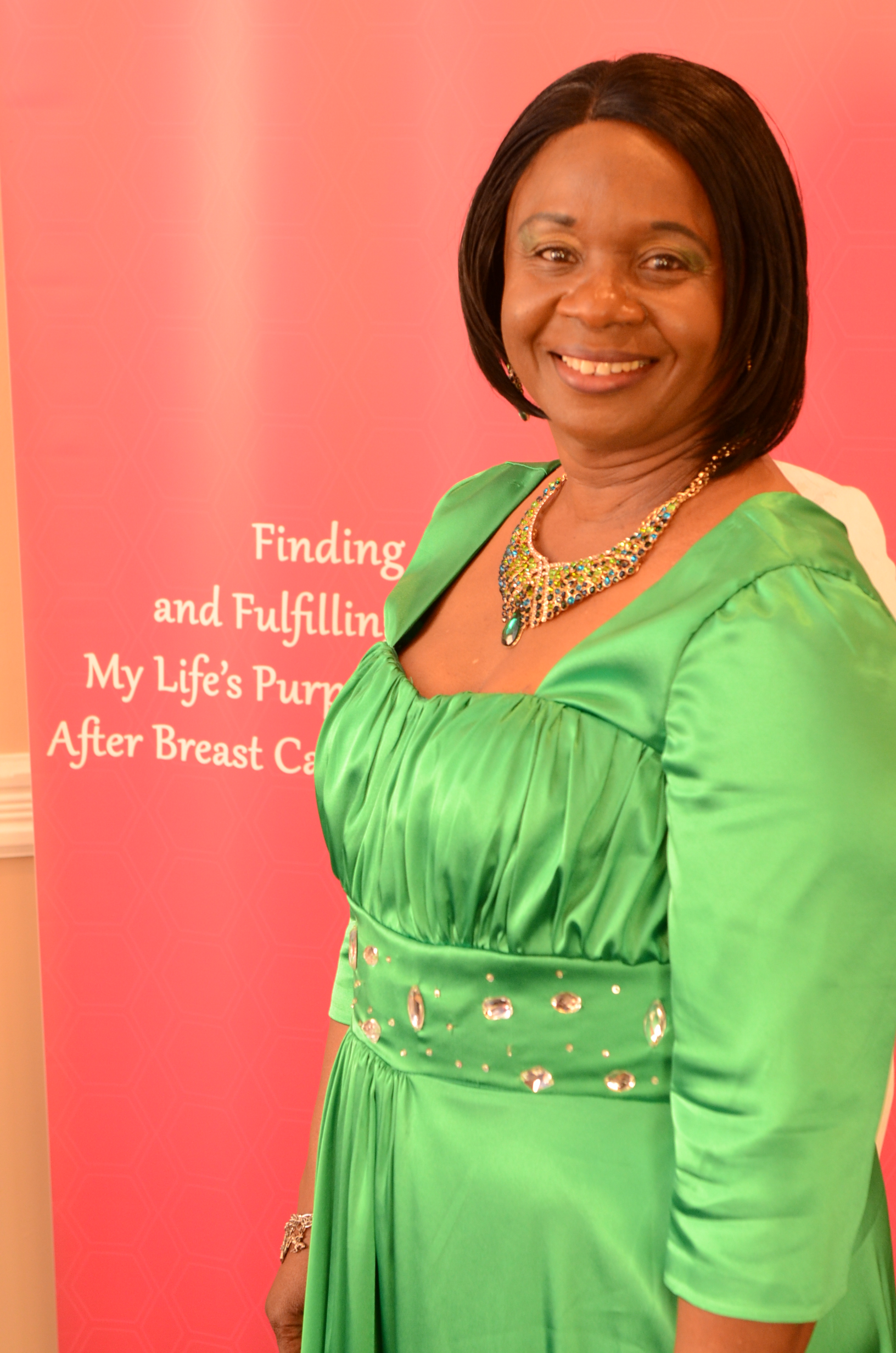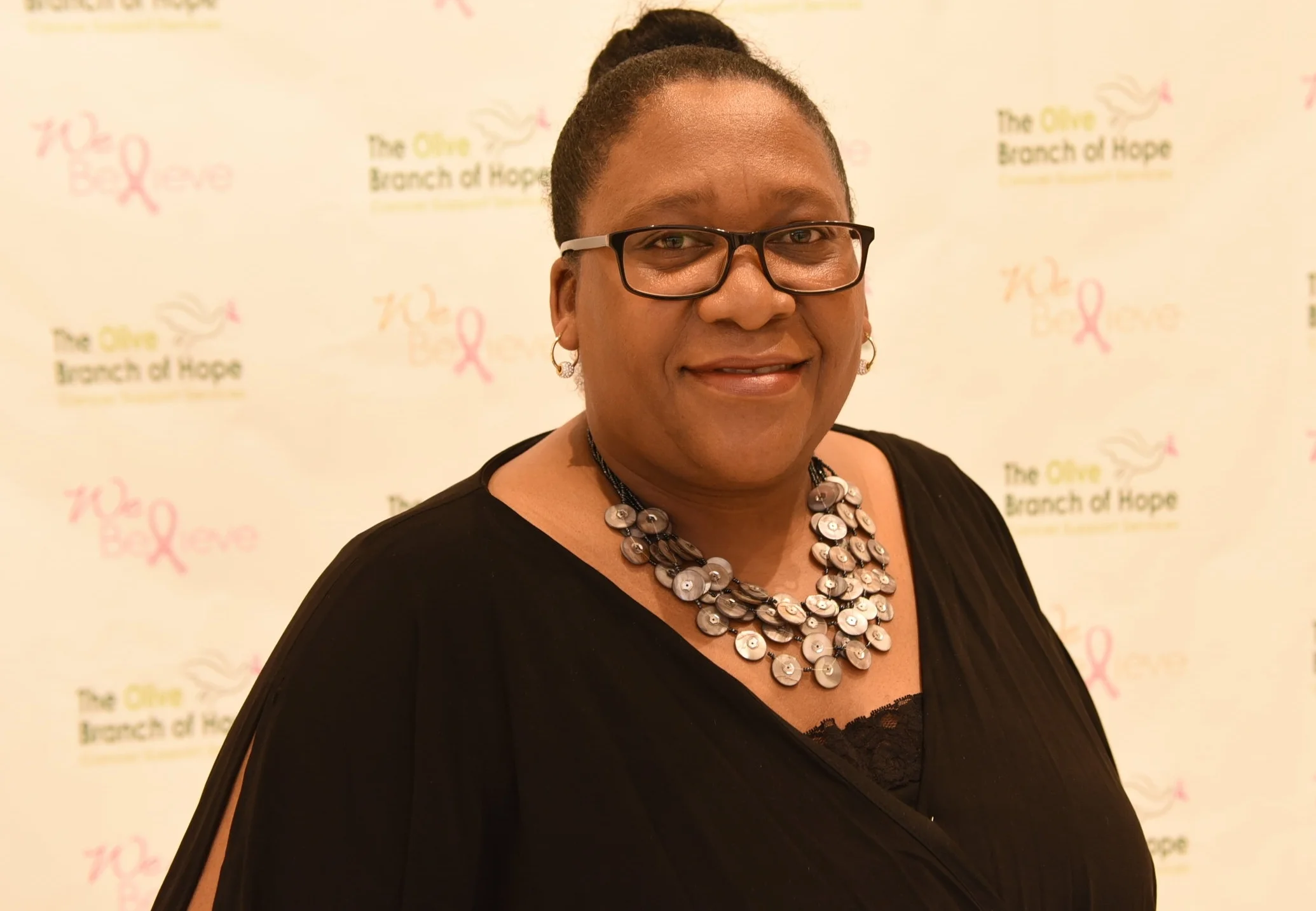Olive Branch of Hope 'saving lives of our women'
April 27, 2018
In the course of watching soap operas that included ‘General Hospital’, Dr. Lisa Newman’s mother encouraged her to go the whole nine yards and pursue a medical career.
She did.
After practicing for seven years as a general surgeon in Brooklyn, New York, Newman switched to surgical oncology.
She’s the director of the breast oncology program for the multi-hospital Henry Ford Health System (HFHS) in Detroit and the founding medical director of the HFHS International Centre for the Study of Breast Cancer Subtypes.
Newman was the keynote speaker at the Olive Branch of Hope (OBOH) annual fundraising gala earlier this month.
Diagnosed in 1999 with the most common cancer that afflicts women, Leila Springer and six other women founded the OBOH in 2001 to provide encouragement, support, telecare and referrals for Black women diagnosed with breast cancer.
Springer met Newman, who was a professor of surgery and director of the University of Michigan breast care centre prior to being recruited to the HFHS in December 2015, two years ago at a conference in Detroit.
The OBOH has teamed up with a group at McMaster University headed by cell biologist Dr. Juliet Daniel whose research laboratory is seeking to identify some of the genetic biases that can be causing the disparity in breast cancer among Black women, and the HFHS to try to determine why there’s a high prevalence of triple negative breast cancer in women of African ancestry.
“It is an honour to be able to partner with the OBOH because women of colour in Canada are spearheading research efforts to understand the breast cancer burden of women with African ancestry here,” said Newman who maintains a University of Michigan affiliation as professor of health management & policy with the School of Public Health.
Through an international collaboration she developed 12 years ago with the Henry Food Hospital, the University of Michigan and the Komfo Anoyke Teaching Hospital in Kumasi, Ghana, the partners are focussed on identifying the genetic signature associated with triple negative breast cancer in women of African ancestry.
In her clinical practice, seeing a large number of women for evaluation of breast problems was the main reason that Newman became an oncologist.
“I was seeing in my Black patients, many of them at a young age, more aggressive appearing cancers, larger tumors and ones that didn’t respond in the same way as my White patients responded,” she pointed out. “I became involved in research to study these differences and then retooled my career and obtained fellowship training in surgical oncology at the M.D Anderson Cancer Centre.”
Newman’s career is now focussed on ethnicity-related variation in breast cancer risk and outcome, the evaluation and management of high-risk patients, broadened applications for neoadjuvant chemotherapy, special surgical techniques such as the skin-sparing mastectomy and lymphatic mapping/sentinel lymph mode biopsy.
“What we have, at least in looking at the diverse populations in North America, is that breast cancer tends to afflict women with African ancestry disproportionately in the worst way,” she said. “We, as women of African ancestry, are more likely to be diagnosed with some of the more challenging forms of the disease.”
With enhanced treatment options and early detection, Newman said that being diagnosed with breast cancer is no longer a death sentence.
“The good news is that because breast cancer is so very common, we have very effective ways of treating the majority of breast cancer patients,” she said. “The majority of patients will be long-term survivors with appropriate treatment. We have very good ways of detecting breast cancer at early stages where the cure rates are the highest. We have several surgical strategies that patients can pursue. Many women can have surgery without having to remove the entire breast. They can receive lumpectomy and radiation treatment.
“Women who do undergo mastectomy with complete removal of the breast can have wonderful medical treatments to reduce the chances of the breast cancer ever damaging other organs like the lungs and liver. We have very effective ways of controlling the side effects of a lot of these treatments. There’s no question that breast cancer continues to take a terrible toll on women, but we are getting better at treating it and doing so with fewer side effects.”
Newman, who did her undergraduate and Master’s studies at Harvard University, is of Caribbean heritage.
Her paternal grandparents migrated as teenagers from Dominica to New York where they met.
Visiting the Caribbean island is on her bucket list.
“I just don’t only want to visit the island of my heritage, but also pursue my breast cancer research in the Caribbean,” said Newman whose extensive research related to disparities in breast cancer risk and outcomes has been published in myriad peer-reviewed medical journals and was featured in the CNN documentary, ‘Black in America 2’. “I am hopeful.”
Breast cancer is the leading cause of death among middle-aged women and Springer made a commitment after she was diagnosed to help those afflicted with the disease in Canada's Black community cope with distress and crises associated with cancer.
Leila Springer
“There was a day in 1999, I lay on my bed not being able to move,” she recounted. “I couldn’t move because the chemo was taking a toll on my body. I had lost my hair and my nails had turned black. It was on that day that I thought to myself if I am feeling like this and so alone, there had to be other people out there feeling the same way. I didn’t mind I was told I had just two years to live and that was 19 years ago. I made a pledge that when my health improved, I would do something to help other women that were feeling down and out.”
Over the past few months, Springer’s outreach has extended to the Caribbean.
Last December, she and Daniel hosted a seminar in Barbados and presented about Can$6,300 in donations from Barbadian community members in Canada, the United States and England to the Barbados Society Breast Screening program to enable women to get free mammograms.
It costs nearly Can$57 for a mammogram.
Through her connections with the Jamaica Cancer Society because of her role as president of the World Conference on Breast Cancer, Springer is taking a team to Jamaica to host a three-day symposium and community health outreach in St. Ann parish from May 25-27.
“We need to save the lives of our women,” said Springer who authored, ‘So Glad I Made It: Finding and Fulfilling My Life’s Purpose After Breast Cancer’. “We will be providing mammograms for women attending this event as women in rural areas often go unnoticed. They must know that they are not forgotten in this fight against breast cancer.”
The cost of a mammogram in Jamaica is approximately Can$63.
An estimated 24,000 Canadians will be diagnosed with breast cancer this year and about 5,000 will succumb to the disease. Nearly 14 women will die daily and one in nine is expected to develop the most common cancer among women during their lifetime.







